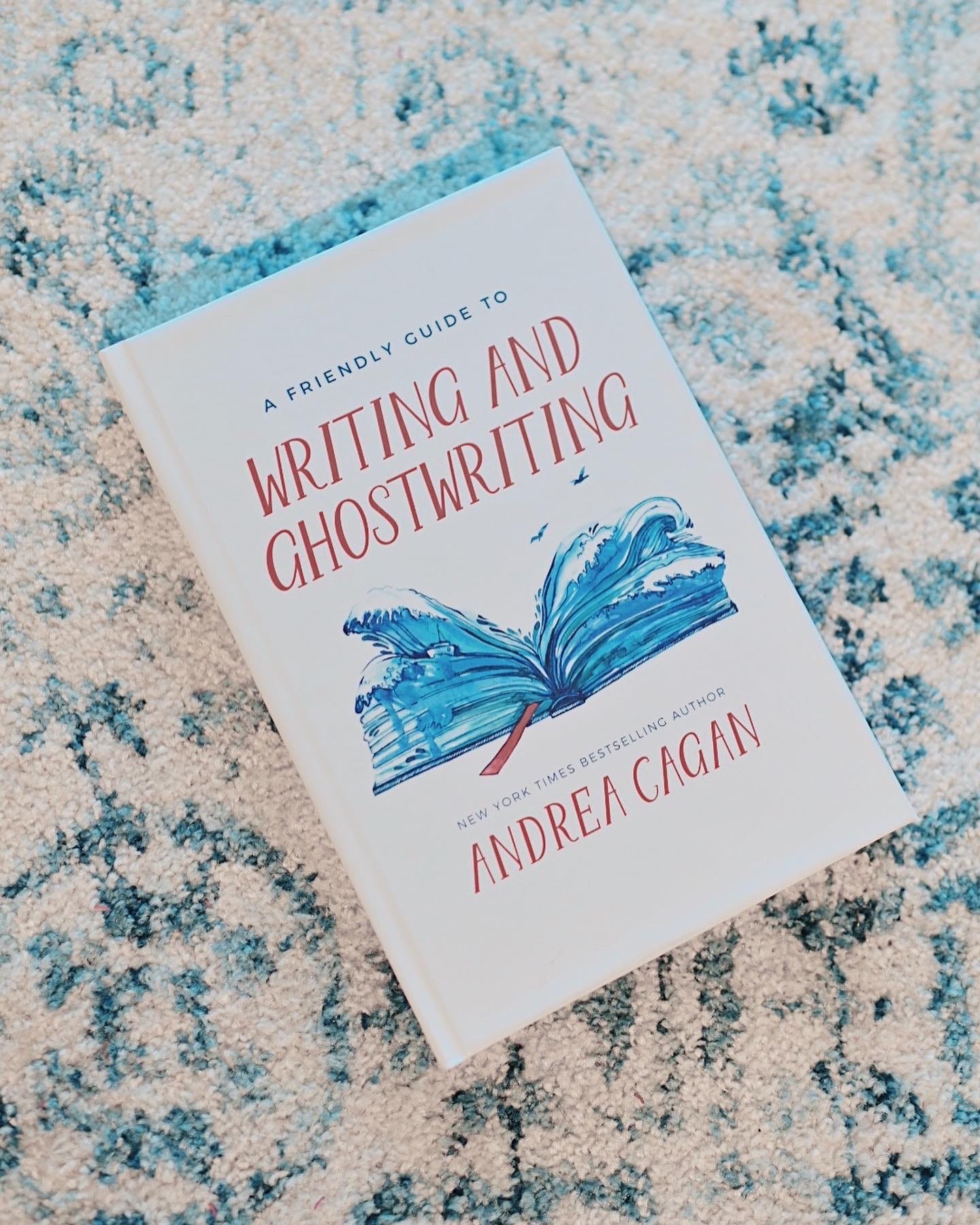The Theme: Excerpt From My Book: A Friendly Guide to Writing & Ghostwriting
There are patterns which emerge in one's life, circling and returning anew, an endless variation of a theme.
- - - Jacqueline Carey
The theme of your book describes what it’s about. It’s meant to hold the pages together and offer a clear path to follow. It’s the heart of your book. The pulse. When I was trying to sell my first book, a prospective agent asked me, “Can you summarize your story in one sentence?”
I became tongue-tied. My book had taken me a year to complete and it was multi-layered with a number of characters, pathways and destinations. It would take a powerful alchemist, I thought, to synthesize it into one sentence.
I checked the Los Angeles Times and the New York Times bestseller lists.
Under each book title, they had a one sentence summary. If other writers had managed to do the impossible, so could I. I reviewed my book to see what theme or themes jumped out at me and ran throughout the story. What ideas were basic and foundational to what I wanted to say?
Without your beating heart, nothing in your body would work because it would receive no oxygen. It would be a bunch of body parts that aren’t co-operating with each other. They’re trying to exist on their own but they can’t. In the same way, without a theme, your book has no underlying connectivity, meaning or purpose. No oxygen. It’s just a list of random events, sentences and chapters strung together that seem to be going nowhere.
No matter how well you write, your story needs to be about something. While any given sentence may be beautiful and interesting on its own, if there is no theme, there is nothing to move your story forward. It will branch out, willy nilly, into a bunch of confusing pathways that go nowhere in particular and end up in a muddle. I call that “writing yourself into a corner,” where the road ends, you’re stuck at a junction, and you have no idea which path to take. The underlying message of your book, the theme, can prevent you from getting caged in. It can light up the way as it binds the narrative together through insights and discoveries, one leading to the next in good order.
Compelling writing is based on the human condition, even if it’s science fiction or self-help, so following someone’s emotional experience is a good way to find your theme. When the human link is non-existent, the book becomes dull and irrelevant. It has no heart or soul. This is why it’s so important to focus on a particular theme to drive your story.
We are all bound together by common truths and obstacles. Classic books have themes that we all face like life, death, love and loss. For the most part, they represent universal truths or unanswered questions that have confounded people since the beginning of time. You don't necessarily need to answer these questions. It's often impossible to do so, but you will need to clarify what you’re investigating and how you intend to explore it with your readers. Whether your book is about UFOs, global warming, or how to make a good cherry pie, the theme is the motor that pilots the text forward with common denominators that all human beings share. This is one area where you don’t need to be original. There are only so many themes that can be interpreted in a variety of ways.
Here is a list of some universal themes:
1. Good vs. Evil
2. Man’s Struggle Against Nature
3. Being Your Own Worst Enemy
4. Death and Dying
5. Birth and Living
6. Bucking the Odds
7. Love Conquers All (or maybe it doesn’t)
8. Religion and Spirituality
9. Family
10. Overcoming Adversity
11. Winning and Losing
12. War and Peace
13. Rage and Revenge
14. Lies and Honesty
15. How to Live Life to the Fullest
16. Jealousy and Betrayal
17. Power and Manipulation
18. Fear and Courage
19. Isolation
20. Loss of Innocence
Have you ever been to a theme party, where everyone arrives in appropriate clothing for a particular time period with complimentary food and decorations? You wouldn’t choose an evening gown and a tiara to wear to a rodeo party. You’d wear cowboy boots and a ten gallon hat. You wouldn't wear a suit and tie or stiletto heels to a sixties party. You’d wear torn jeans, a headband, platform shoes and beads. If you're giving the party, you wouldn’t serve tacos and burritos at a Mediterranean themed party. You'd serve hummus and pita bread. You wouldn’t serve ribs and mashed potatoes at a French themed party. You’d serve coq au vin and haricots vert.
In the same way, when you're determining the theme of your story, you don't want to describe a visit to the Eiffel Tower if your book takes place in Pakistan. If your story feels disconnected to you, it will feel the same way to a reader. No one likes mixed messages or half baked ideas, sentiments and opinions that are out of context. We want to understand what the book is about in straightforward terms.
The theme of some stories is described in the title and often, there is more than one. A good example comes from one of my favorite authors, Ian McEwan. In his fiction book, Atonement, his obvious theme, the idea of atonement is accompanied by others such as love and forgiveness. Several themes make the story a little more complicated but also, much more interesting.
Just be sure to be clear about your theme before you start writing. It will help you understand where you’ve been, where you are and where you’re going. Then you can begin to write.


